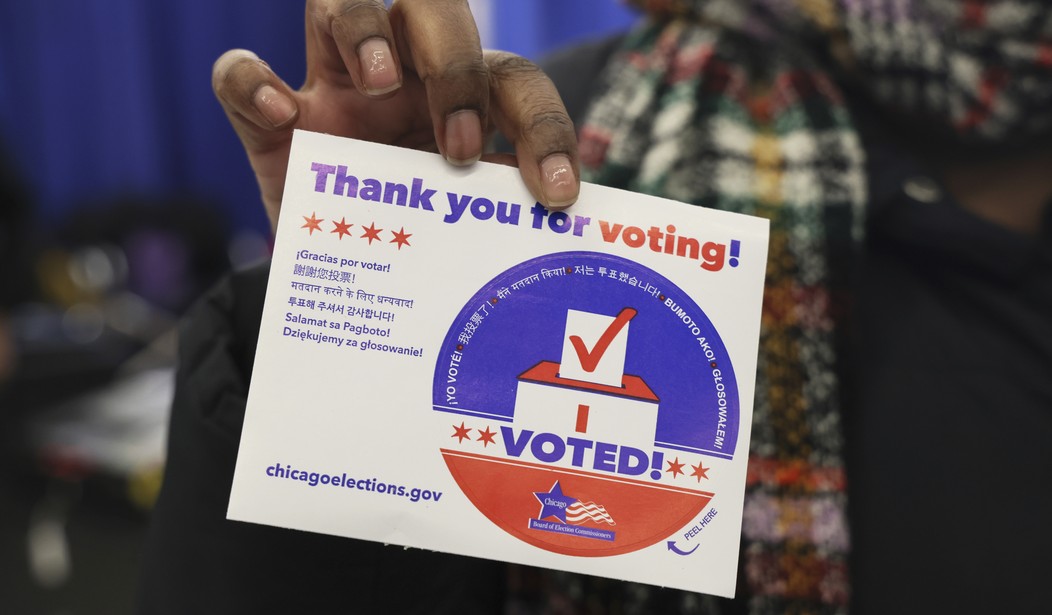A former deputy director of the Milwaukee Election Commission is facing fines and jail time after being found guilty of fabricating military absentee ballots in a supposed effort to expose false claims about election fraud.
The case places focus on debates over election integrity and potential vulnerabilities in the system. But it also highlights a fine line between whistleblowing and criminal misconduct in America’s elections.
The former election official was convicted on Wednesday despite claiming that her actions were intended to show that the state’s election system is secure.
A former top Milwaukee election official was convicted at trial Wednesday in a case in which she was criminally charged for creating fake names to order three military absentee ballots ahead of the 2022 midterm elections and having them sent to a state legislator.
The Milwaukee County jury took about five hours to deliver its verdict in the trial of former Milwaukee Election Commission deputy director Kimberly Zapata, 47, of Milwaukee.
She was found guilty on a felony charge of misconduct in public office and guilty on three misdemeanor counts of making a false statement to obtain an absentee ballot. Zapata was charged in November 2022. Sentencing is scheduled for May 2.
Zapata left the courtroom silently after the verdict. She, her attorney and the prosecutor declined to comment.
In a recording of a police interview with Zapata that was played again for the jury before the verdict, she is heard saying she acted without a plan and in a high-stress moment.
"I did not think it through," she said. "I didn't have some manipulative plan."
She said she made up the three people so no individual would be harmed.
After her conviction, Zapata could be facing up to five years in prison and a $13,000 fine. She has maintained her innocence, saying that her actions were aimed at combating false narratives about voter fraud that cropped up after the 2020 presidential election.
Shortly after she was charged in November 2022, Zapata told The Washington Post she came to a “breaking point” because of false election claims and threats. She said lawmakers should look into actual problems with the state’s voting system and said she wanted to make that point in “the loudest and most attention-grabbing way.”
“I understand what I did was wrong, and I understand that I need consequences for it,” she said in that interview. “But at the same time, I did this for the greater good. I did this for the American voters to believe in the election system again.”
She described herself as a swing voter and said she did not consider herself a Republican or Democrat.
Apparently, the jury did not accept Zapata’s denials or the idea that fabricating ballots to disprove election fraud theories was a wise move. Assistant District Attorney Matthew Westphal argued that “The appropriate way to raise a concern is to bring forth information, it’s not to commit a crime.”
Zapata’s rationale for targeting state Rep. Brandtjen to receive the fake ballots was that she was “the most vocal election fraud politician that I know of.”
Despite Zapata’s intentions, the jury saw fit to convict her even though she did not actually defraud the system. This case is part of the overall debate over election integrity, which has declined in popularity as a topic of discussion but which still remains a part of the country’s political landscape, especially with November’s elections on the horizon.












Join the conversation as a VIP Member